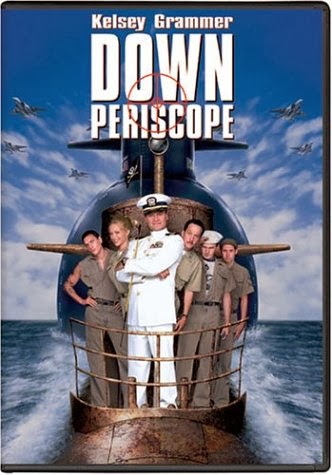Assassin
It was previously a commonly held view that the word assassin derived from a secret Muslim sect that engaged killers to terrorise their Christian enemies by performing murders as a religious duty. These acts were carried out under the influence of hashish and so the killers became known as hashshashin, meaning eaters or smokers of hashish, which evolved into the word assassin.
Modern thinking is that in the 11th and 12th centuries the term was applied to a particular sect by their opponents as a derogatory and abusive description, much like calling someone a pot-head today. It was picked up and disseminated across Europe by Crusaders, further cementing the idea of secret and cold blooded killers carrying out their work whilst high on hashish. In truth, far from being stoned druggies, the assassins were intelligent, educated, athletic and highly trained in combat and disguise. A fearsome reputation developed. It was thought they could enter wherever they wished and kill whomsoever they targeted. At the same time, they took pains not to kill anyone not their target.
* * * * * * * *
Balls to the Wall
Anyone who loves the movie Down Periscope as much as I do will recall the scene where Lauren Holly, as Diving Officer Lt Emily Lake, discovers her hidden mojo and becomes gung-ho. As the crew of the USS Stingray prepare to battle the nuclear sub USS Orlando in a war game, Emily tells the all male crew “Balls to the wall, boys!”
The expression, meaning a complete effort, contrary to expectations has nothing to do with male anatomy.
The handles controlling the throttle on aircraft were topped with ball shaped grips and were known as “balls”. Pushing the balls forward increased the amount of fuel to the engines and therefore increased the speed. Pushing the balls to the wall, that is, the panel, meant accelerating to the maximum speed. Hence the expression came to mean all out effort.
The first recorded use of the terms is from 1967 in Frank Harvey’s Air War—Vietnam:
You know what happened on that first Doomsday Mission (as the boys call a big balls-to-the-wall raid) against Hanoi oil.
It has been asserted that the phrase was already in use in that context at the time of the Korean war.
* * * * * * * *
“We'll pay you in silver
Cash on the nail”
Caiaphas, “Blood Money”
Jesus Christ Superstar
Unlike the above reference, the term “cash on the nail”, meaning immediate payment, does not hark back to the crucifixion.
Many authorities assert that the phrase has its origins in the bronze pillars outside the Corn Exchange in Bristol and the Stock Exchange in Limerick and Liverpool. These pillars, called “nails”, date from the mid 16th century and were used as tables to seal deals and make payments.
Nails in Bristol
More likely is the explanation that it comes from previous European versions of the phrase that meant to pay immediately, including the 14th Anglo-Norman phrase "Payer ser le ungle.” The word "ugula" meant "nail" or "claw." Other languages used similar phrases, some of which used words that meant "nail" that also derived from the Latin word "ungula." The sense of the earliest version of the phrase is clearly 'payment with the hand'.
* * * * * * * * *





No comments:
Post a Comment
Note: Only a member of this blog may post a comment.